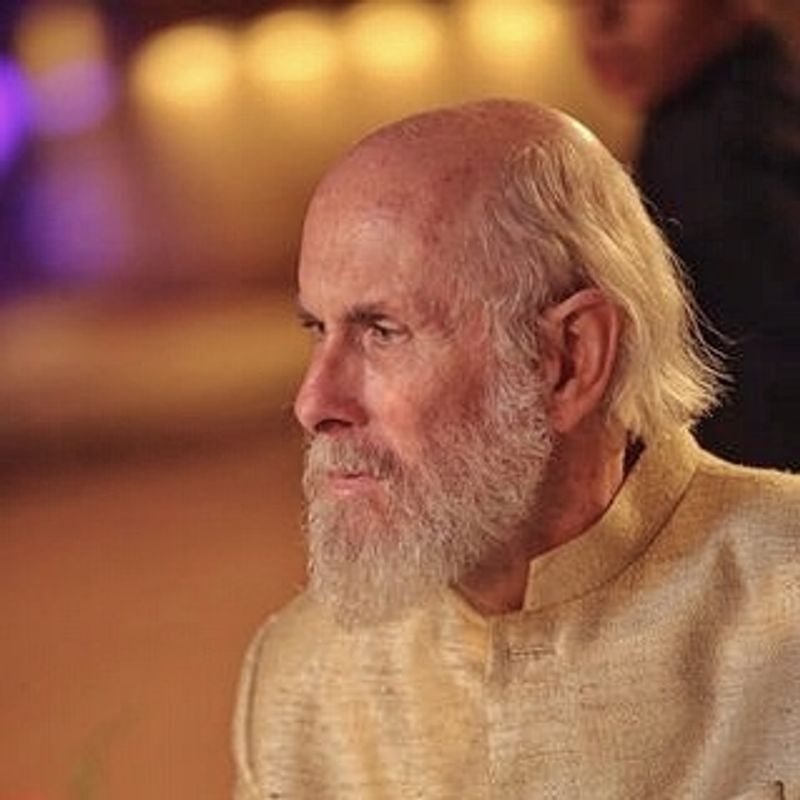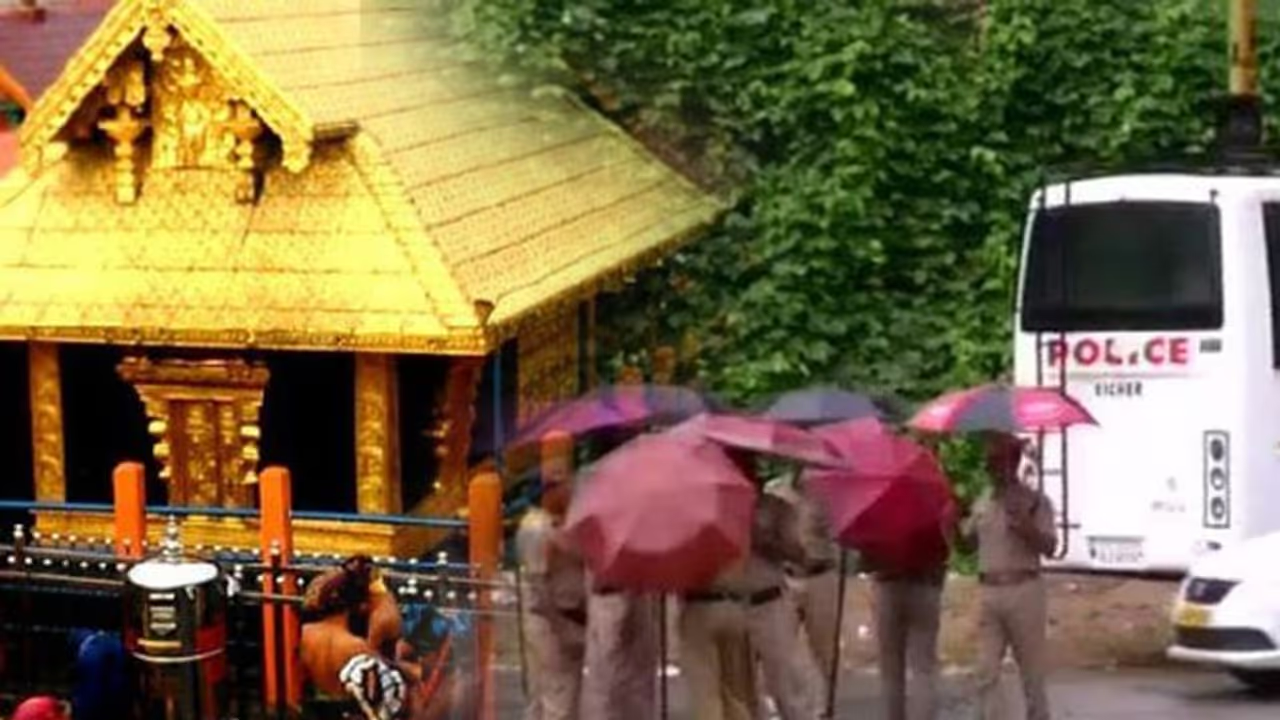Hindus should not be deprived of the religious rights that are given to Christians and Muslims. Otherwise, India is still following the same policy of the colonial era of denigrating and exploiting the Hindus.
Sabarimala is a world-renowned Hindu temple complex in Kerala honoured as one of most sacred sites in Hinduism. It is the location of the largest annual religious pilgrimage in the world with up to 30 million devotees joining every year. Naturally, this creates some envy among competing beliefs and ideologies that may be intimidated by its prestige and pre-eminence.
 Now we are told by the ruling communist government in Kerala that this revered Sabarimala temple is a “secular shrine” and, therefore, the government and courts should have the power to determine how it operates. This naturally raises many questions because secularism in the West usually does not include, much less regulate, religious worship. Is Sabarimala a shrine to secularism, not to any religious group? Was Sabarimala founded after 1976 when India was first proclaimed a secular state?
Now we are told by the ruling communist government in Kerala that this revered Sabarimala temple is a “secular shrine” and, therefore, the government and courts should have the power to determine how it operates. This naturally raises many questions because secularism in the West usually does not include, much less regulate, religious worship. Is Sabarimala a shrine to secularism, not to any religious group? Was Sabarimala founded after 1976 when India was first proclaimed a secular state?
Devotees to Sabarimala are required to follow special spiritual and religious practices of an ascetic nature in order to properly enter and worship the temple and its deity. Are such ascetic practices part of secular behaviour? The temple houses a special deity form of Shiva and Vishnu. Is Ayyappa, the deity of Sabarimala, a deity of secularism and is honouring secularism the foundation for his worship? Are the priests of the temple mere secular employees of a site that has nothing to do with religion? Why are regular prayers and chants occurring if Sabarimala is a secular site? Clearly, its purpose is religious and spiritual, not mundane or secular.
We are told that Sabarimala is secular because members of different religious groups are allowed to enter, not only Hindus but also Christians and Muslims. As Hindus respect all other religions, this would mean that Hinduism as a whole is secular, which implies that Hindu Dharma is not a religion and does not deserve protection as one! This argument could be used to conclude that all Hindu shrines can be called secular and taken over and managed by secular authorities. So the issue is not just about Sabarimala; it has long-term implications for Hindu Dharma as a whole.
In fact, Kerala communists want to project Sabarimala as a disputed site so that Hindus cannot even claim ownership of it though it is Hindu worship that has gone on there for centuries, not that of other religions.
Secularism in the West means non-interference of courts and governments in matters of religion
We should note that secular courts and governments in the rest of the world do not interfere with or regulate any religion, religious institution or temple on matters of practice, theology and philosophy. Such government interference in religion is considered to be against secularism, not part of secular law. Christian churches in America and Europe, or mosques in Islamic countries are not subject to the same regulation or removal of revenues that Hindu temples are routinely subjected to in India.
In the US, the UK, Canada and Australia, governments do not interfere with Hindu temples the way that they do in India either. This means that Hindu temples can have greater religious freedom outside of India than in Hindu majority India. While secularism protects Hindu temples in the West, the same term applied in a different manner is used to restrict and penalize them in India.
Should communists be able to dictate temple rights in consultation with Christians and Muslims?
Now we have the strange situation of communists in Kerala wanting to consult Christian and Islamic groups for their opinions on Sabarimala, even though these groups are targeting Hindus for conversion. Is converting Hindus part of a secular agenda? Seems so. Desecrating Hindu temples has long been part of a communist agenda, which now is being called secular as well.
Clearly, secularism is a term that should no longer be used in India as it is full of distortions. Most importantly, Hindu sacred sites must receive the same protection and respect in India as the shrines of other religions, and the same freedom from interference. Hindus should not be deprived of the religious rights that are given to Christians and Muslims. Otherwise, India is still following the same policy of the colonial era of denigrating and exploiting the Hindus and trying to convert them.
Yet, the solution to this problem can only be found when Hindus protest and vote out these pseudo-secularists — who clearly have a determined anti-Hindu agenda and little respect for Hindu temples, celebrations or practices. Else, it is likely that every Hindu temple in India and every Hindu festival up to the Kumbha Mela will be eventually be targeted, regulated and restricted under such contrived secular guidelines by the same anti-Hindu forces. It is time for Hindus to take a stand and not waver.
